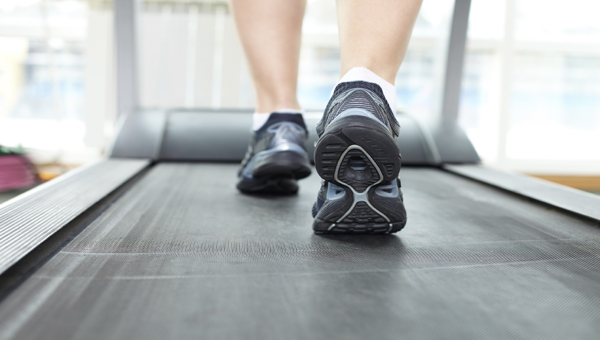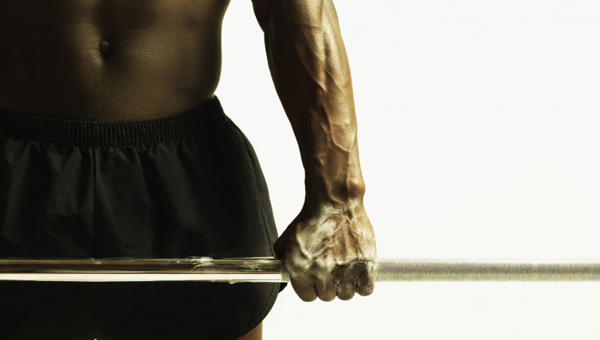The most effective way to reach any health goal is to use a combination of cardio and resistance training. According to those goals, the amount of each of those types of training will differ. But that is a whole different topic. Since it is important to use both types of training for optimal health, it brings up the popular question: Should you do cardio or lift weights first?
Doing Cardio First

First, you have to take into consideration what kind of lifting you will be doing after your cardio session. After a cardio session you may be tired, and your glycogen stores may be somewhat depleted. It would be wise to only do simple movements that do not involve much technique. For example, attempting to perform a very heavy squat after a hard cardio workout would be silly. You would place yourself at high risk for injury.
You also have to take into consideration the intensity of your cardio workout. If it is going to be short, or not that intense, then lifting afterwards is probably safter. The cardio can even act as a warm-up in this situation.
Some of you may be in the habit of getting up early and doing cardio first thing in the morning. If you don’t lift until later in the day that gives your muscles time to regenerate and get some of its glycogen stores back. In this situation it’s also safer to do cardio first.
After an intense workout your metabolism is raised higher than normal for several hours. The intensity of the workout dictates the length of time that your metabolism will stay elevated. Some studies have shown that doing cardio before a traditional weight training regiment increases the metabolism higher for an extended period of time. The results are still somewhat inconclusive, but from a fat burning stand point, this would be a huge benefit.
The biggest issue that I find with doing cardio first is the safety. Listen to your body. If you are exhausted after doing cardio but you still need to lift, just stay away from very complex lifts and extremely heavy lifts. Using machines or less technical lifts would be a better option.
Resistance Training First

I think the number one reason that resistance training should be done first is that many lifts have a complex technique. When you are tired you may not be able to be as explosive as you should, the weight will feel heavier, and you have an increased chance of using wrong technique. When the wrong technique is used with heavy weight the chance of injury skyrockets.
During weight training, testosterone is released which tells your body to build up the skeletal muscle. If you only do cardio then cortisol is released which breaks down muscle for energy. Doing resistance training first will help you build muscle and keep it on more efficiently.
Finally, when you do resistance training first, you will have a favorable blood ph level. When you do cardio your body uses fuel and breaks it down into lactic acid. The lactic acid help to replenish ATP, so it can keep producing energy. The problem is when the lactic acid is used it creates excessive hydrogen ions in the blood. The body is inefficient at flushing out the hydrogen ions, which rapidly fatigues the muscles. If you do cardio training before resistance training, the ph of your blood will be lower (more acidic) because of the hydrogen ions, which will cause more fatigue.
Personally, I think it is more practical and safer to do resistance training before cardio. The fact is that life is hectic and sometimes we don’t have a choice in the matter. If you must do cardio first then I would give your body multiple hours to rest before doing resistance training. If you are pressed for time you can also combine the two types of exercise into one workout. An easy way to do this is through circuit training.
If you want to see an example workout check out the article – Putting The Ultimate Beginner Workout Together. It may give you some ideas on how to put your own personal workout program together. If you have any questions about personal goals and how you should train for them please don’t hesitate to contact me. I will get back to you right away.
 About Adam Pegg
About Adam Pegg



